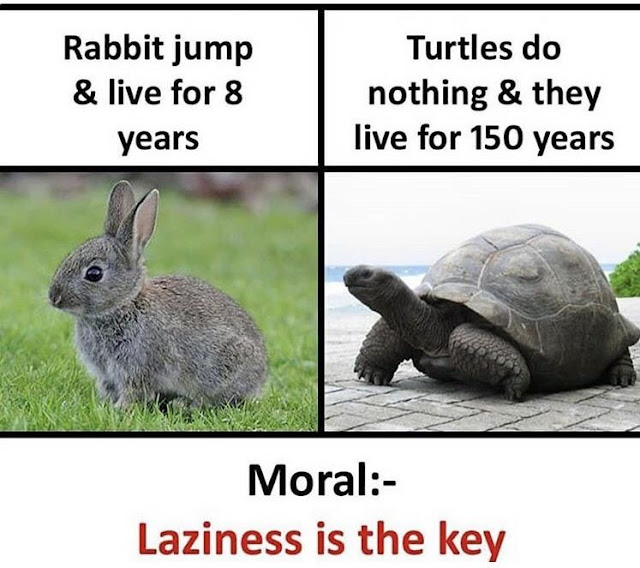ETF Investing: Lose Every Year, But Win Every Decade
Investing in exchange-traded funds (ETFs) is an effective way for investors to diversify their portfolio and gain exposure to a broad range of investments. However, some folks may find it difficult to stick to this "boring" way of investing, particularly when they hear the extraordinary returns from other investments, be it Dogecoin, Arkk funds or technology stocks. This is understandable since many people like to compare themselves to others and may feel like they are missing out on phenomenal returns achieved by their peers in a short period of time. As an ETF investor, you need to accept that you will never be the number one investor on an year-on-year basis, not even close. But the good news is, over a period of several decades, you will almost always be better than majority of the investors who adopt a more active investment approach.
Feel like you are missing out
ETFs are designed to provide returns that are consistent with the market average. This means that they will never be the investment that gives you the highest return in the short term. There will always be someone hitting it big with a particular investment, such as crypto, stock picking or option trading. And these multibaggers will be very eager to let you know their astronomical returns, which can make ETF investors feel like they are missing out.
Think long term
However, it is important to remember that investing is a long-term game, and studies after studies have shown that very few investors are able to consistently outperform low cost ETFs in the long term. For example, in the 2020 Dalbar's Quantitative Analysis of Investor Behaviour report, it was found that the average investor earned an annualised return of 5.2% over the previous 20 years, compared to 10.0% for the S&P500. In the 2022 S&P Indices Versus Active (SPIVA) report, 95.2% of large-cap funds underperformed the S&P500 index over a 20 year period.
Be disciplined
It is also important to maintain a disciplined approached to investing. Once you have chosen your ETF(s) with well diversified exposure that aligns with your investment objectives and risk tolerance, stick to your investment plan and resist the temptation to make impulsive decisions based on short term market movements. For instance, avoid chasing funds when they are running up and switching to another when some other funds become popular. By avoiding the allure of investment trends and maintaining discipline, your odds of weathering the ups and downs of the market over time will increase.
That being said, if you find such "boring" investment approach is driving you crazy, I think it is okay to allocate a small portion of no more than 10% of your portfolio to riskier investments to scratch your itch.
The content shared in this post is just my opinion and should not be taken as financial advice. In fact, you should never treat what a random dude shared online as financial advice, no matter how credible they may sound.




Comments
Post a Comment